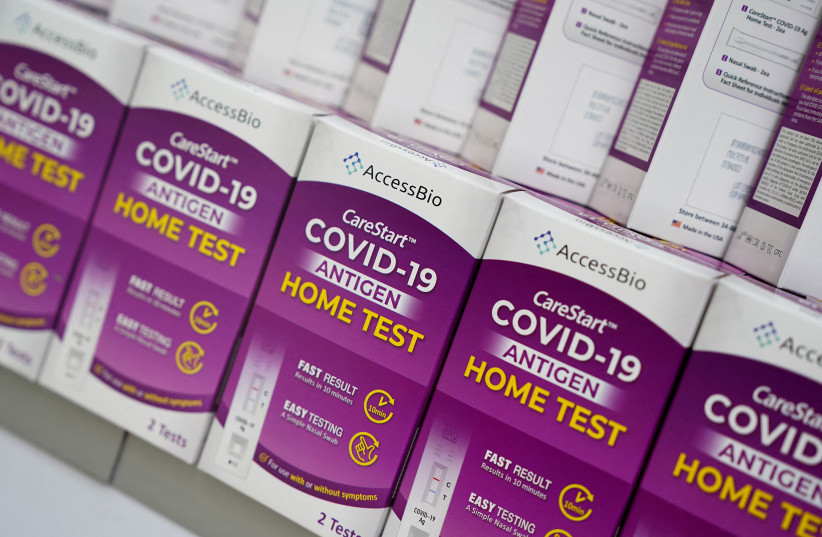Those who suffer from long-term effects of the COVID-19 virus after contracting it may be at risk of contracting autoimmune disease approximately a year later, according to researchers from McMaster University and the University of British Columbia, Vancouver.
Autoimmune disease is when the immune system attacks healthy parts of the body by mistake, as opposed to defending them like it's supposed to do.
The peer-reviewed study, published in the European Respiratory Journal last month, saw that blood samples from patients with long COVID can show signs of autoimmune disease.
The patients involved that suffer from long COVID have had fatigue and shortness of breath. Blood samples were used to check for antibodies to stick to any potential viruses.
“Although long COVID is now recognized by bodies like the World Health Organization, we still know very little about why it develops or how we can help patients," said Dr. Mukherjee, one of the study's co-researchers.

“Although long COVID is now recognized by bodies like the World Health Organization, we still know very little about why it develops or how we can help patients."
Dr. Mukherjee
What else was done as part of the research?
106 people, all of whom tested positive for COVID between August 2020 and September 2021, were recruited by Mukherjee and her colleagues.
Patients were asked on three separate occasions (three months, six months and 1 year) after they recovered from the virus if they were suffering from shortness of breath or fatigue. After only a year, only a little more than half came back to participate in the study. Researchers determine that this may be because patients are recovering.
